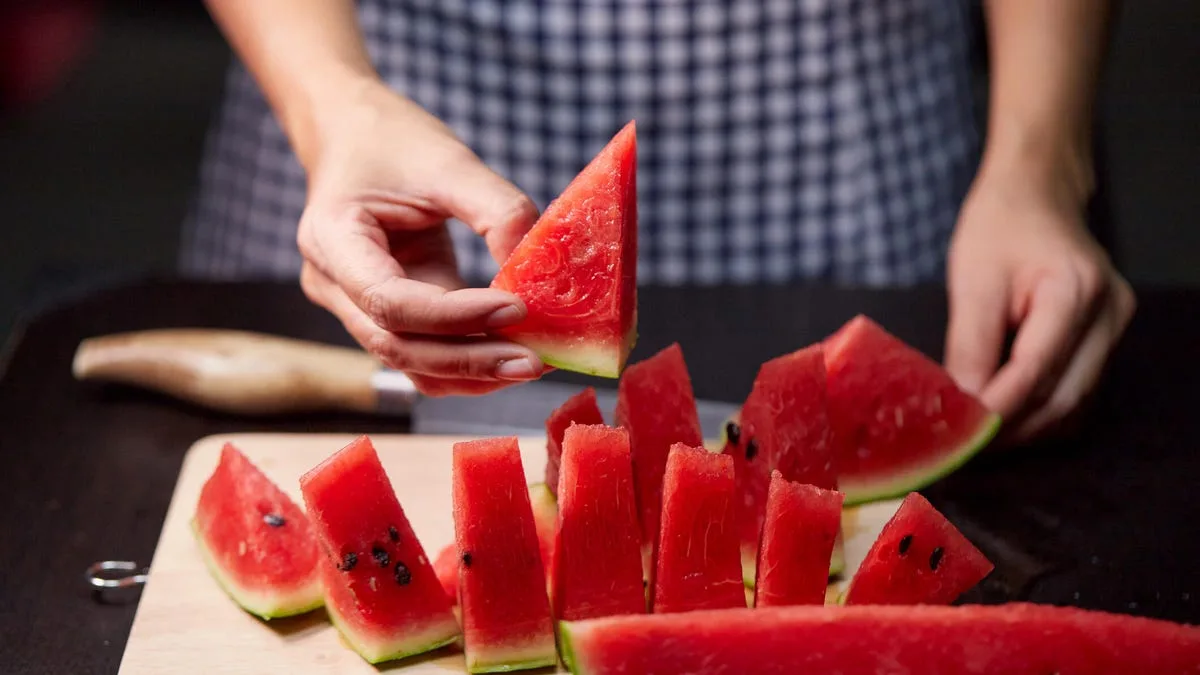Foods That Fight Headaches: Expert Recommendations
Dealing with a throbbing headache? Relief might be as close as your kitchen! We consulted with doctors and dietitians to uncover the best foods to help you combat head pain naturally. Discover how simple dietary changes can make a significant difference.
Magnesium-Rich Foods
Magnesium deficiency is often linked to headaches. Incorporating magnesium-rich foods into your diet can help prevent and alleviate head pain:
- Dark Leafy Greens: Spinach, kale, and collard greens are packed with magnesium and other essential nutrients.
- Nuts and Seeds: Almonds, cashews, pumpkin seeds, and flaxseeds are excellent sources of magnesium.
- Avocados: This creamy fruit is not only delicious but also rich in magnesium and healthy fats.
Hydrating Foods
Dehydration is a common trigger for headaches. Stay hydrated by consuming water-rich foods:
- Watermelon: This refreshing fruit is almost entirely water and contains electrolytes like magnesium and potassium.
- Cucumbers: Another hydrating option, cucumbers are low in calories and high in water content.
- Celery: This crunchy vegetable is a good source of water and electrolytes.
Foods with Anti-Inflammatory Properties
Inflammation can contribute to headaches. Foods with anti-inflammatory properties can help reduce inflammation and ease head pain:
- Fatty Fish: Salmon, mackerel, and tuna are rich in omega-3 fatty acids, which have powerful anti-inflammatory effects.
- Ginger: This spice has potent anti-inflammatory and antioxidant properties. Add it to your tea, smoothies, or meals.
Other Beneficial Foods
Consider these additional food choices to help manage headaches:
- Coffee: A small amount of caffeine can sometimes help relieve headaches by constricting blood vessels. However, avoid overconsumption, as caffeine withdrawal can trigger headaches.
- Whole Grains: Opt for whole grains like brown rice and oats over refined grains to maintain stable blood sugar levels.
Final Overview
By incorporating these foods into your diet, you can take a proactive approach to managing headaches. Remember to consult with your doctor or a registered dietitian for personalized advice and to rule out any underlying medical conditions.




+ There are no comments
Add yours